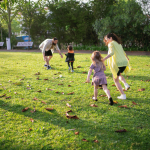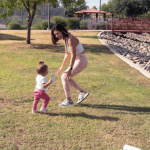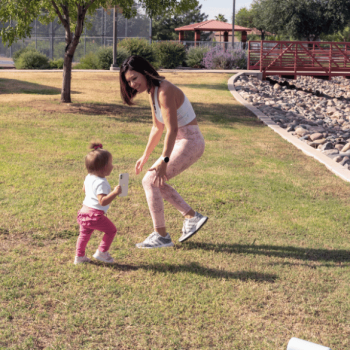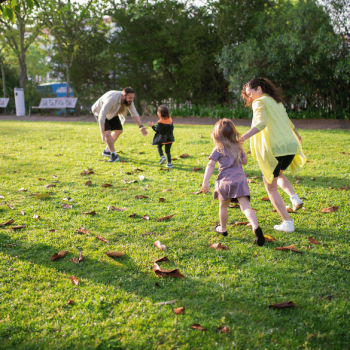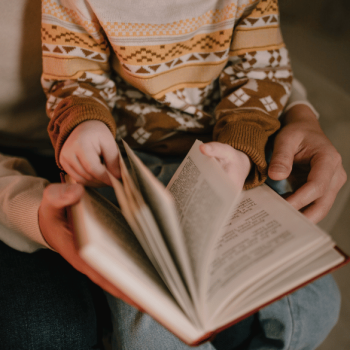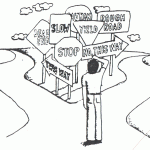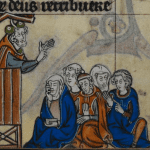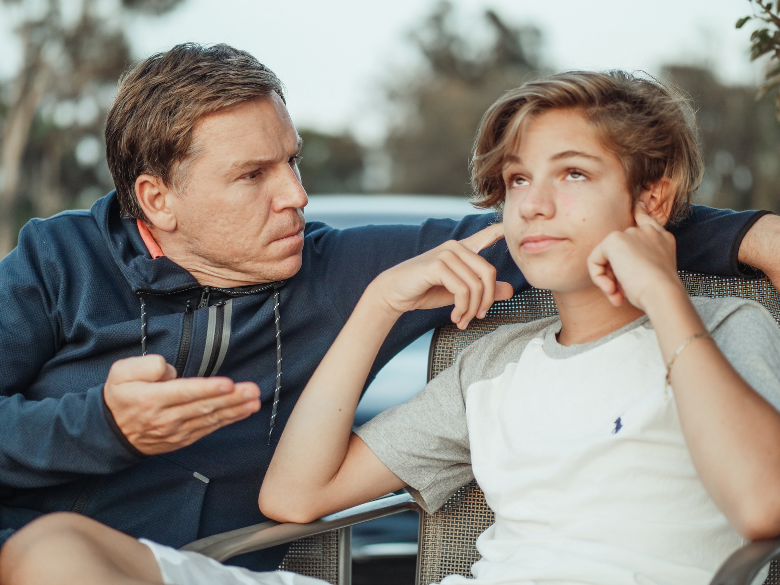
If you are a parent you are most likely familiar with power struggles. Whether it is a two-year-old refusing to get buckled in their car seat or a twelve-year-old refusing to take a shower, children find ways to assert control over their lives.
Should you respond with play or punishment?
(This may contain some affiliate links, which means I receive a small commission, at no extra cost to you, if you make a purchase using these links. For more information, please see my disclosure policy.)
What is a power struggle?
How do you know you are in a power struggle with your child? According to the website PsychCentral.com, “A power struggle refers to an evident or subtle competition in a relationship for control and influence.”
Power struggles happen in all types of relationships. But, it takes two for a power struggle to happen. So, we have to start by owning our part of the problem.
Typical Parenting Respond to Power Struggles
Power struggles can trigger us as parents. We feel disrespected and we can also then catastrophize the outcome. We may think, “if we don’t teach our child now how to obey us as an authority, they will never obey God’s authority.”
In their book, Discipline that Connects with Your Child’s Heart, Jim and Lynne Jackson write, “Parents typically take a strong stand when dealing with defiance. They also tend to feel justified in their own anger and actions in the name of ‘setting kids straight.’ Given these dynamics, the question is, what are the children learning?”
If we continue in the power struggle with threats, raised voices, or punishments, children may be learning that that is how a Christian asserts their authority and treats others. If we have to have the last word, our kids are learning that having the last word is important. Our actions are teaching more than our words sometimes.
Punishing doesn’t typically change our kids’ hearts. It might change behavior because of fear or pain avoidance, but that isn’t the kind of parent I want to be.
Play in Power Struggles
“Effective discipline rarely happens in the heat of the moment.” Lawrence Cohen, Playful Parenting
When we step out of the power struggle and engage our child with play, we communicate:
- I am for you.
- I like you.
- You are loved no matter what.
- Connection is important to me.
- I hear you.
- I see you.
- You are safe with me.
- Your behavior doesn’t impact my love for you.
Now, I am not implying every discipline issue is solved with play, but it is much more effective than duking it out in a power struggle with your child.
Even a playful tone can move you in the right direction faster and more effectively than a harsh tone.
Check out last week’s post for an example of how this might look.
Connect Before Correct
In Discipline that Connects, the Jacksons also say, “for kids to overcome defiant attitudes, they need to feel safe, feel understood, and be given healthy power—power that functions within the guidance of an authority, with a goal of growing wise independence.”
Our kids today have little control over their lives. We tell them where to be, their schedule, how to behave, what to eat, and sometimes even when to go to the bathroom. That can cause kids to fight for control when it doesn’t seem to make sense to us.
For kids to cooperate with us, first they need to feel safe. Going toe-to-toe with an angry parent probably doesn’t feel too safe. That is why we need to connect first.
Play is an ideal way to connect. It diffuses power struggles in two ways: 1) You need two people to participate in a power struggle or there is no struggle. 2) It shows your child that they are more important than their behavior and lets your child feel like you see them, not just their behavior.
Will You Play?
In Playful Parenting, Lawrence Cohen writes that “being playful is not about rewards or punishments, it is about restoring the missing ingredient—connection—that caused the problems in the first place.”
This reminds me of the incarnation. God is confident in his authority and doesn’t need to prove he can win a power struggle. Instead, Jesus gave up his position to meet us where we were at. That is what play does for us as parents, too.



